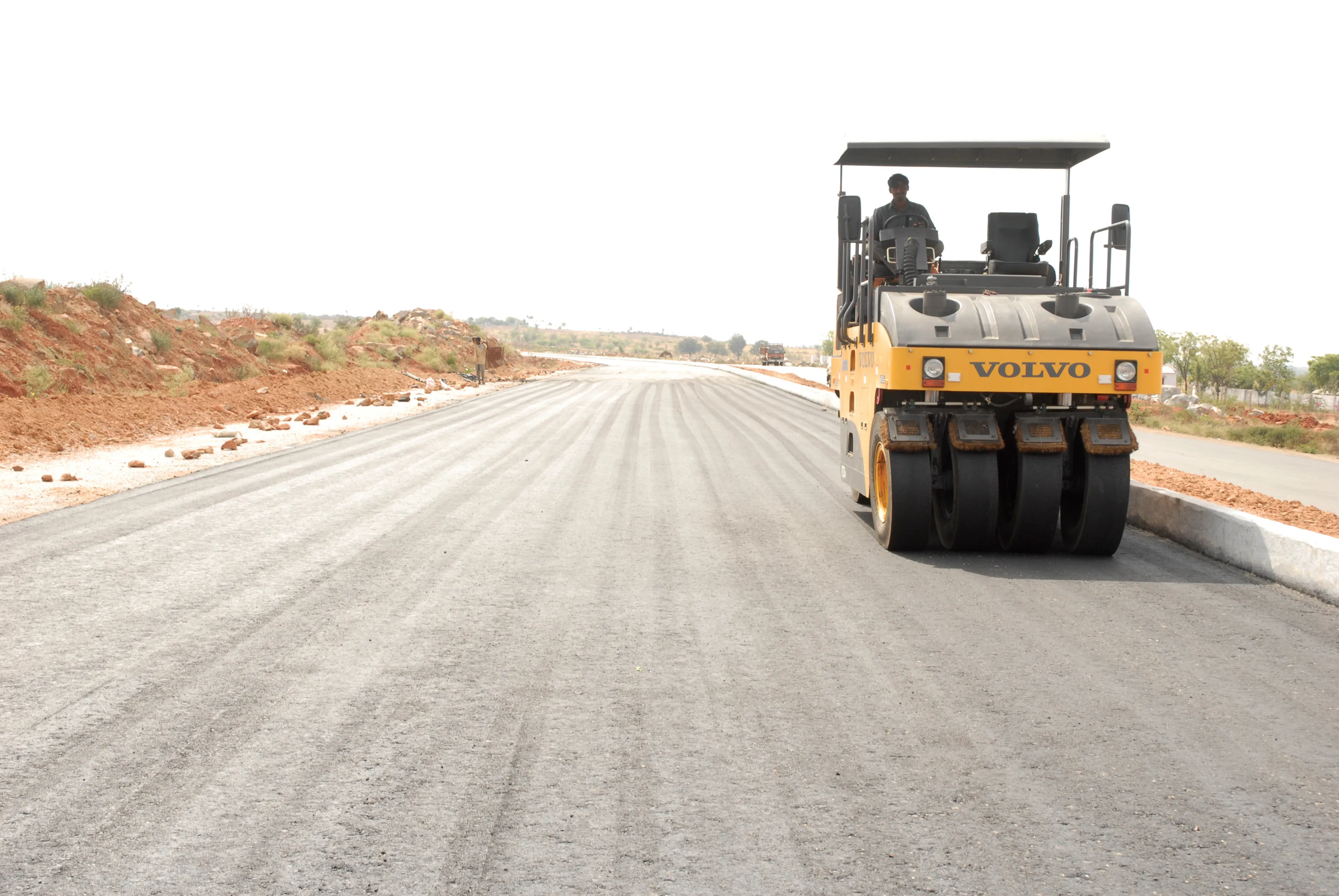
New data has been unveiled in iRAP’s Safety Insights Explorer, a critical datahub for decision-makers and partners worldwide seeking to understand the true extent of road trauma, the safety of the world’s roads, and the positive impact that can be made with targeted investment.
Greg Smith, Global Programme Director at iRAP said, “We are now halfway through the Decade of Action for Road Safety 2021-2030, with the global goal of halving road deaths and serious injuries by 2030.
“As countries prepare for the 4th Global Ministerial Conference on Road Safety in Morocco next year, this free tool is a must-have reference to inform evidence-based action to 2030,” Smith said.
A key feature of the Insights Explorer is that it provides estimates of the costs of fatalities and injuries by injury type, road user, age and sex. This unique analysis is made possible thanks to technical collaboration with the TAC, a no-fault road trauma injury insurer in Victoria, Australia. TAC road crash claims data show that more than half of all costs occur more than two years after a crash, buried deep within health and social welfare systems.
“Bringing the latest data together, and putting it freely in the hands of decision-makers and advocates, helps to support debate about the right scale of response to the enormous level of road trauma occurring every day,” Smith said.
Governments, development banks, donors and the private sector each have a role to play in mobilising the sustainable investment needed to reduce road trauma, with far-reaching economic and social benefits.
“We know safer roads save lives,” Smith said. “A recent study by Johns Hopkins University published in the respected journal PLOS One has verified that road safety infrastructure changes and safer speeds informed by the iRAP Methodology and tools have prevented almost 700,000 deaths and serious injuries since 2016.”
“There are few better investments than in safer roads and safe speeds,” he added.
Achieving UN Target 4 for the majority of travel to be on 3-star or better roads for all road users by 2030 stands to save more than 400,000 lives/year and nearly 330 million lives and serious injuries over the 20-year life of road treatments, with an economic benefit of US$986.7 billion to the global economy.








